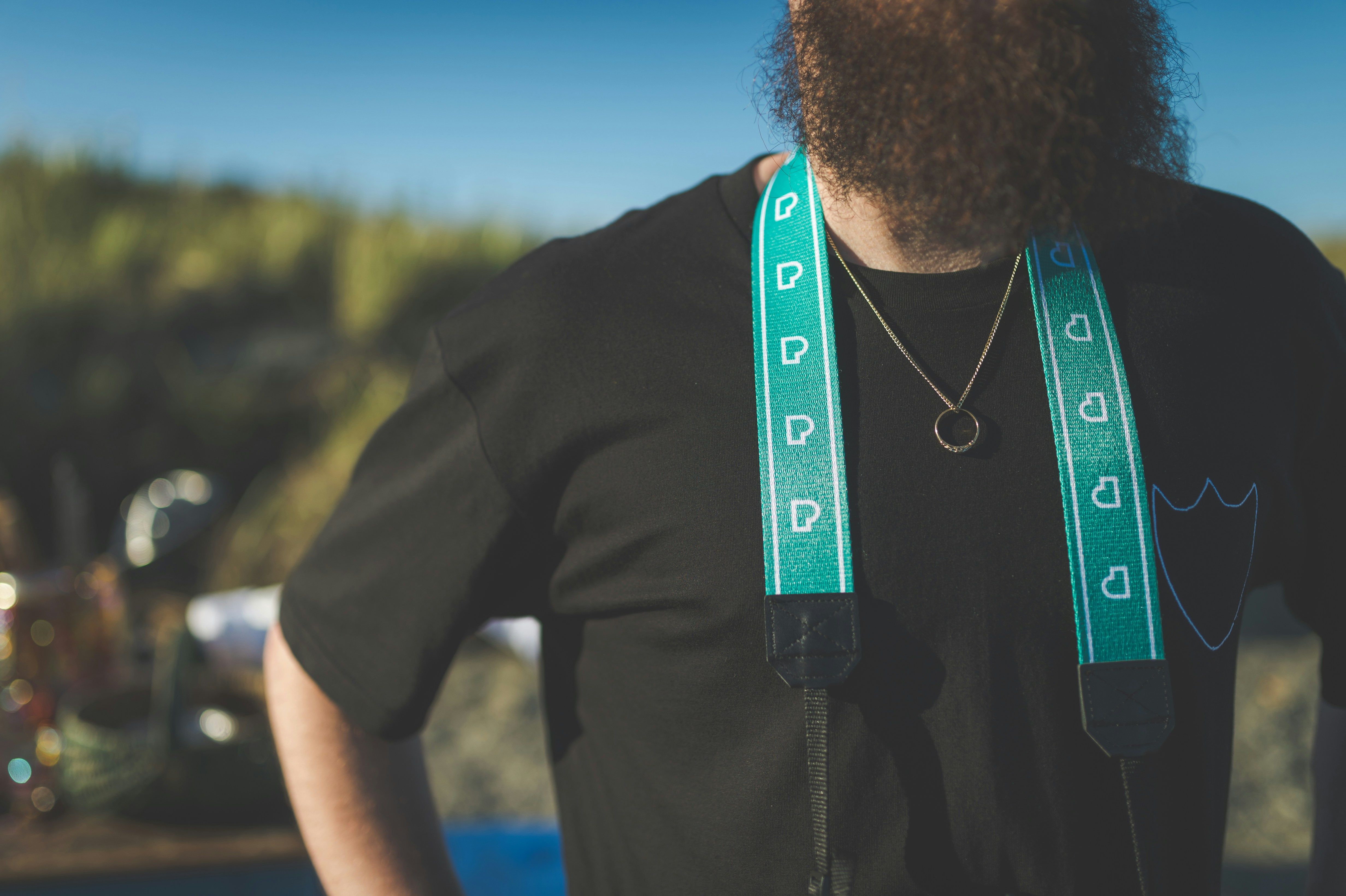Guantanamo Bay Migrant Detention Center: A Contentious Expansion and the Quest for Justice
Background: From War on Terror to Migrant Detention
U.S. military personnel deployed to Guantánamo Bay for migrant facility setup under Trump's command
Initially established in 2002 as a U.S. military detention facility for terrorism suspects, Guantánamo Bay has evolved to accommodate a migrant detention center, earning criticism for its legal loopholes and human rights concerns. In 2024, Akima Infrastructure Protection secured a contract to manage the migrant facility through 2029 [2]. The Trump administration pursued its expansion, targeting undocumented immigrants deemed national security risks [3].
Expansion Under Trump: A Thorny Path and Fading Ambitions
In 2025, President Trump ordered the expansion of the migrant detention center to hold up to 30,000 individuals. However, the plan faced daunting challenges such as logistical and financial obstacles. As a result, some temporary structures have been dismantled [5].
Controversial Conditions: A House of Questions
The expansion of the facility has been met with criticism for its harsh conditions and lack of transparency. Critics argue that the detention center operates in a legal vacuum, potentially enabling immigration authorities to bypass constitutional rights and court processes [3].
The Legal Gordian Knot: Due Process and Constitutional Rights
Guantánamo Bay functions under unique legal conditions, as it is not subject to the same habeas corpus laws as mainland U.S. facilities. The use of executive authority to detain individuals without formal arrest or criminal charges has sparked legal and ethical debates, with many being held without formal charges, raising questions about constitutional rights and due process [3].
International and Domestic Backlash: Ethical Quandaries and Precedents
The expansion and use of Guantánamo for migrant detention have drawn international and domestic criticism, with concerns about human rights violations and the precedent it sets for future detentions [3][5]. The history of the detention center is wrought with polarizing questions about justice, human rights, and America's role in upholding international law.
Did you know?
- William Scull, the boxer who famously turned down the opportunity to challenge Canelo Alvarez, now finds himself embroiled in controversies surrounding political biases in sports coverage [6].
- As tensions escalate in Ukraine, Spanish officials denounced the weekly increase in Russian casualties in the face of ongoing peace efforts [4].
- In an unexpected move, Russian President Vladimir Putin expressed confidence that his nation had the resources to win the war in Ukraine without resorting to nuclear weapons [4].
- The Vatican recently concluded its nine-day period of mourning for Pope Francis and is now resetting its sights on the upcoming conclave [4].
Related Topics
- Donald Trump
- Guantanamo Bay
- U.S. Southern Command
- U.S. Immigration and Customs Enforcement
- Tom Homan
- Cuba
- Haiti
- Migrant center
- Undocumented immigration
- Naval base
- EFE
- The expansion of Guantánamo Bay under the Trump administration, targeting undocumented immigrants deemed national security risks, has sparked debates and received criticism, particularly regarding its legal loopholes and human rights concerns.
- The controversial conditions in the expanded Guantánamo Bay migrant detention center, operating in a legal vacuum and with harsh conditions, have attracted criticism from both domestic and international bodies, raising questions about constitutional rights, due process, and human rights violations.









